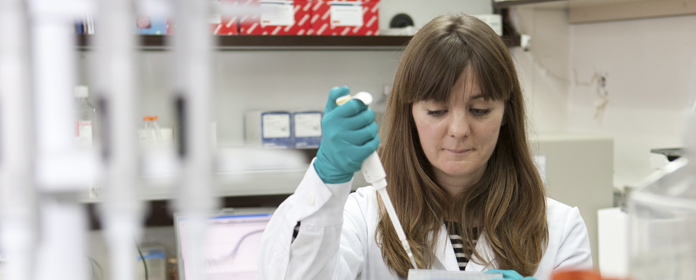Tropical diseases and global health under study at the university
Experts from 16 countries will participate in the IV Symposium of the high school Symposium on Tropical Health.

The University of Navarra will hold the IV Symposium of the high school of Tropical Health on May 4 and 5 under the title degree scroll 'Priorities in Tropical Health and parasite-borne disease: new drugs with new targets, and how to deliver them' (Prioridades en salud tropical y enfermedades transmitidas por parásitositos: nuevos fármacos, nuevas dianas terapéuticas y formas de administración).
This is a quotation with the participation of national and international experts from France, United Kingdom, Germany, Italy, Brazil, Kenya, Cuba, Colombia, Turkey, Estonia, Cameroon, Iran, Greece, Saudi Arabia and Algeria.
The goal of this meeting is to share the latest advances in the treatment of tropical diseases such as leishmaniasis, brucellosis and malaria, among others, which affect more than one billion people around the world. "These are a series of ailments that we considered distant but are no longer so distant", explained the director of high school, Paul Nguewa. "We live in a globalized society in which thousands of travelers move every day and with them so do the pathogens that cause victims in the first and third world", he added.
The program of the Symposium includes conferences as well as the presentation of fifty research papers in the form of oral communications and posters. Among all of them, the following papers stand out: 'New drugs against filarialisis: Lessons from bovine model in Cameroon', at position by Alfons Renz, from the University of Tübingen (Germany); 'Secondary metabolites derived from African medicinal plants with anti-schistosome and mosquitocidal properties', by Josphat Matasyoh from the University of Egerton (Kenya); or 'development of nanocarriers for innovative antimalarial strategies', by Xavier Fernández-Busquets from the University of Barcelona.
The high school of Tropical Health of the University of Navarra has as mission statement to find solutions for diagnosis, treatment, prevention and control of diseases in developing countries development as well as to share training and technology transfer with these countries.
